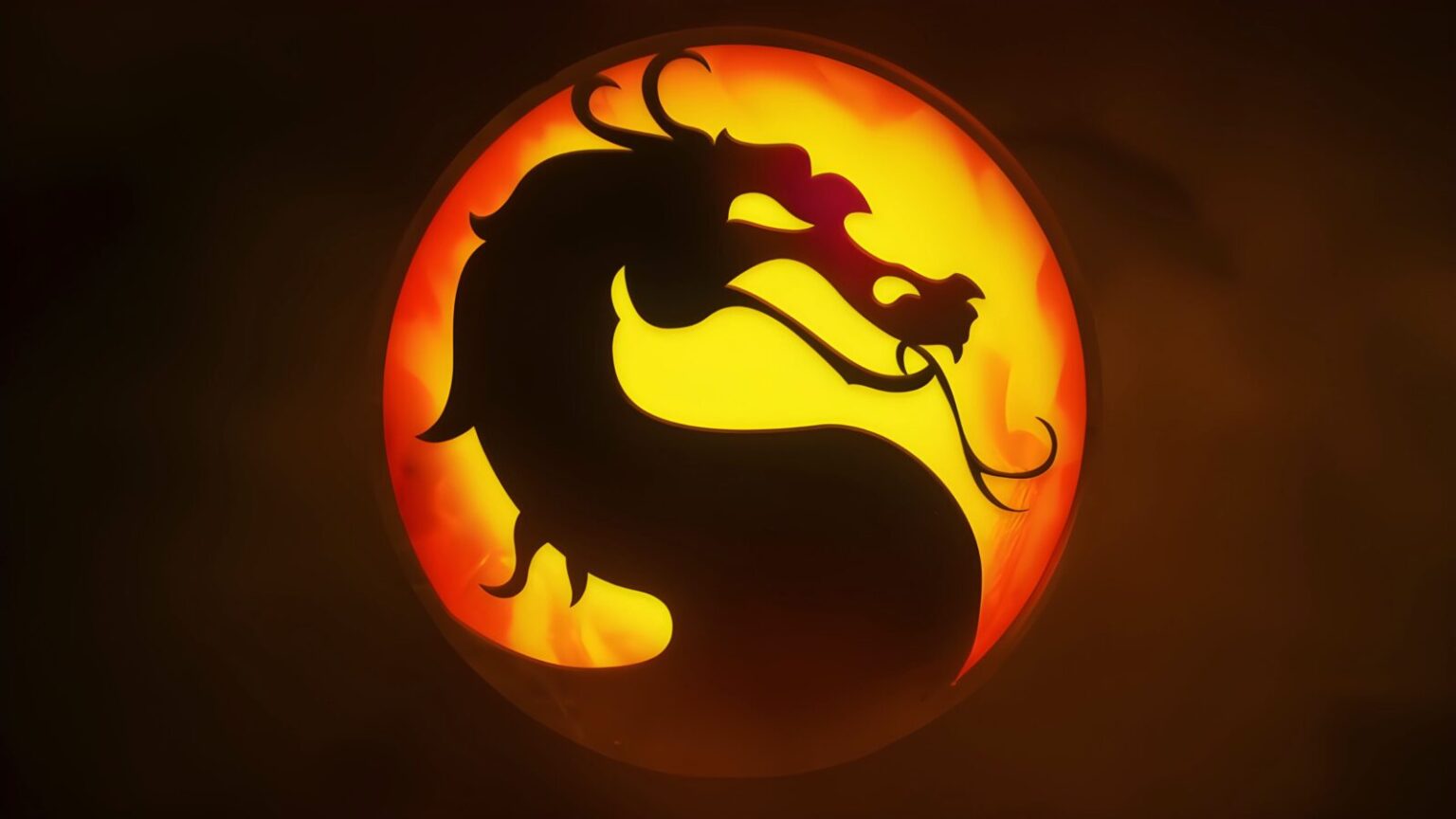TL;DR: A lovingly violent time capsule that celebrates Mortal Kombat’s origins with all its flaws intact. It’s bloody, nostalgic, and a little broken — just like the arcade era itself.
Mortal Kombat: Legacy Kollection
There’s a particular kind of nostalgia that punches you in the gut the moment you hear the word “Fatality.” Not nostalgia like flipping through your high school yearbook or smelling the inside of an old Blockbuster Video case — no, this is the sticky-fingered, joystick-slamming kind. The kind that comes with muscle memory and bruised thumbs. That’s the feeling Mortal Kombat: Legacy Kollection tries to summon, and for the most part, it succeeds in uppercutting you straight back to 1992.
Let me be clear: I’m not some impartial observer casually flipping through a collection of ancient fighting games like a museum curator. I grew up with Mortal Kombat. I remember standing on a milk crate in front of a flickering arcade cabinet at a grimy pizza joint, trying desperately to pull off Sub-Zero’s spine rip while some kid next to me yelled, “You gotta do it faster!” My mom thought the series was evil, my friends thought it was holy scripture, and I thought it was art. And so, when Legacy Kollection landed, I didn’t approach it with curiosity. I approached it like a reunion. A blood-soaked, digitized reunion.
The package, developed by Digital Eclipse, is essentially a time capsule with style. It gathers Mortal Kombat’s earliest entries — from the pixelated brutality of Mortal Kombat I through the awkwardly charming 3D stumble of Mortal Kombat 4 — and dresses them up just enough to make them presentable in 2025. It’s part anthology, part documentary, part resurrection ritual. And if you’re an old-school Kombat fan like me, it’s about as close as we’re ever going to get to feeling that arcade magic again.
But here’s the truth: nostalgia is a liar. It tells you those games were perfect when, really, they were janky, unfair, and mean-spirited in all the wrong ways. The AI in the old Mortal Kombats was a sadist; it didn’t just read your moves, it mocked your attempts to survive. Legacy Kollection preserves all of that, for better or worse. Even on the lowest difficulty, the arcade ladder in MK2 and MK3 remains a gauntlet of pain. You’ll get counterpunched mid-animation by a CPU that clearly sees the future. And somehow, I love that Digital Eclipse didn’t sand down that edge too much. Mortal Kombat was supposed to be cruel.
That said, this collection does throw us a few bones. There’s a training mode that actually teaches you how to do fatalities without summoning an ancient demon to possess your thumbs. There’s even a rewind feature — a literal rewind button that lets you scrub back thirty seconds in any match. It’s both hilarious and genius. Of course, in true Mortal Kombat fashion, even that feature bites back. Roll back too often and you might awaken the demon inside the AI; suddenly your opponent starts pulling out impossible combos like they’re angry at the concept of mercy. It’s a very Mortal Kombat kind of chaos.
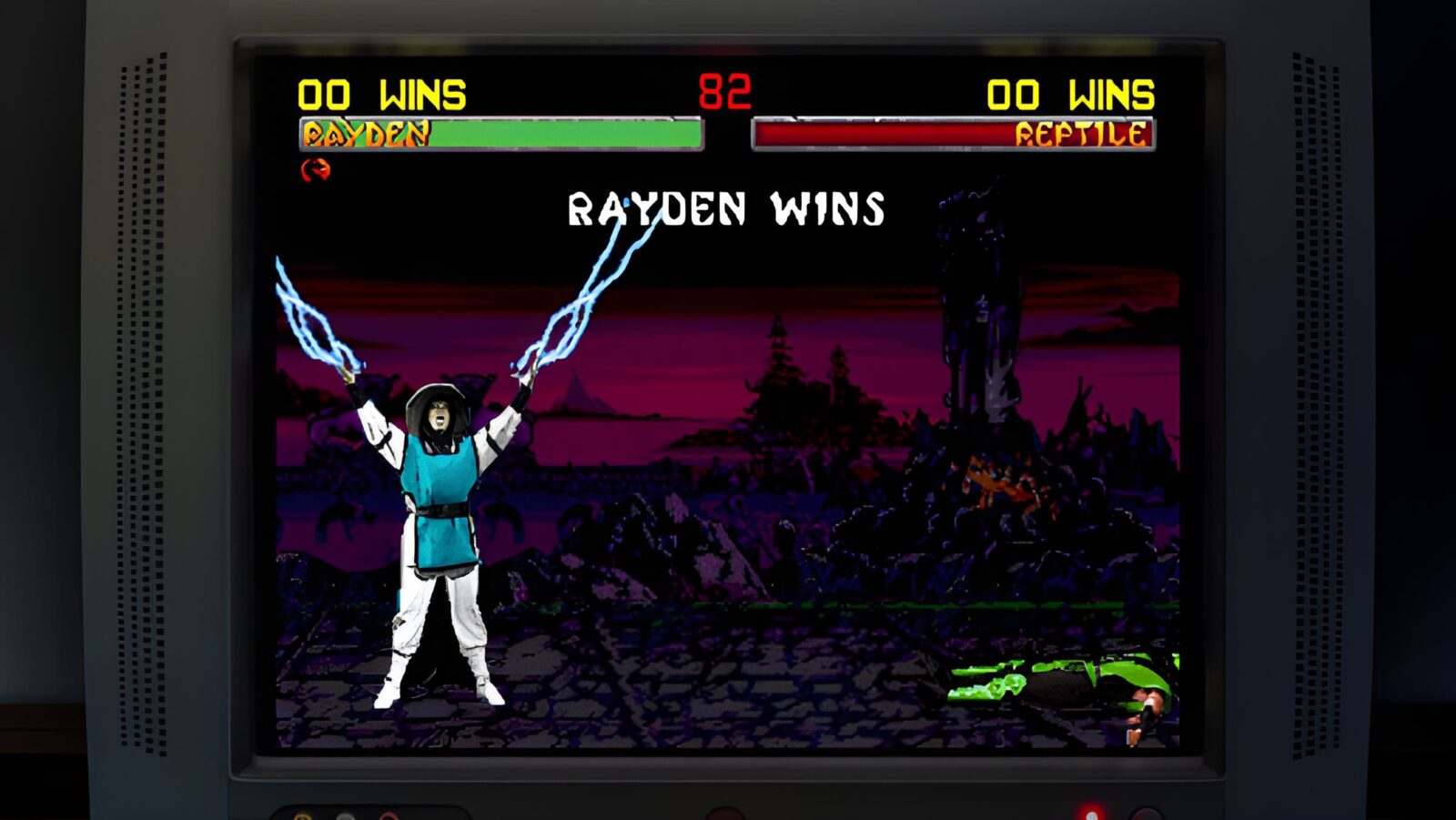
But let’s not pretend these are remasters. The games are still blocky, digitized fever dreams from a time when blood looked like ketchup and character animations were stitched together with pure caffeine. Digital Eclipse wisely leaves them as they were, just polishing the edges and giving you filters to toggle between “arcade cabinet” and “Sega Genesis CRT headache.” There’s even online play now, which is cool in theory — though, at the time of writing, I couldn’t test how stable it is. Given the history of online MK ports, I’m cautiously optimistic.
One thing I didn’t expect to love as much as I did was the inclusion of ports — the Genesis, SNES, even Game Boy versions. They’re hideous, sure, but they’re also time machines. I was one of those kids who couldn’t hang around arcades long enough to memorize Fatalities, so my Mortal Kombat education came from the Genesis ports. Booting them up again, hearing that scratchy rendition of the Dead Pool theme, I felt my teenage self resurface for a second. These versions might look like they were made on a calculator, but they matter. They tell the story of how Mortal Kombat spread like a virus through every cartridge slot in the ’90s.
Of course, not everything in Legacy Kollection hits the same nostalgic high. The handheld versions, like the Game Boy Mortal Kombat, are brutal in a different way — as in, physically painful to look at. I mean, bless Digital Eclipse for including them, but those games play like a bad dream you can’t wake up from. It’s admirable preservation, but also a reminder of just how far we’ve come.
Then there’s Mortal Kombat Trilogy on PS1 — now with dramatically reduced load times. This one is an absolute treat. It’s the series’ own weird experiment in maximalism, like someone threw every character and stage into a blender and hit “Fatality.” It’s the purest form of the MK roster-mania that later games built their foundations on. In many ways, Trilogy is the perfect summation of the ‘90s Mortal Kombat philosophy: quantity over quality, chaos over coherence, and it somehow works.
Speaking of rare finds, Legacy Kollection also resurrects the fabled WaveNet version of Ultimate Mortal Kombat 3, the one that let arcade players battle online before most of us even had dial-up modems. Getting to play that now feels almost like unlocking a piece of lost media. It’s smooth, responsive, and easily one of the coolest inclusions here.
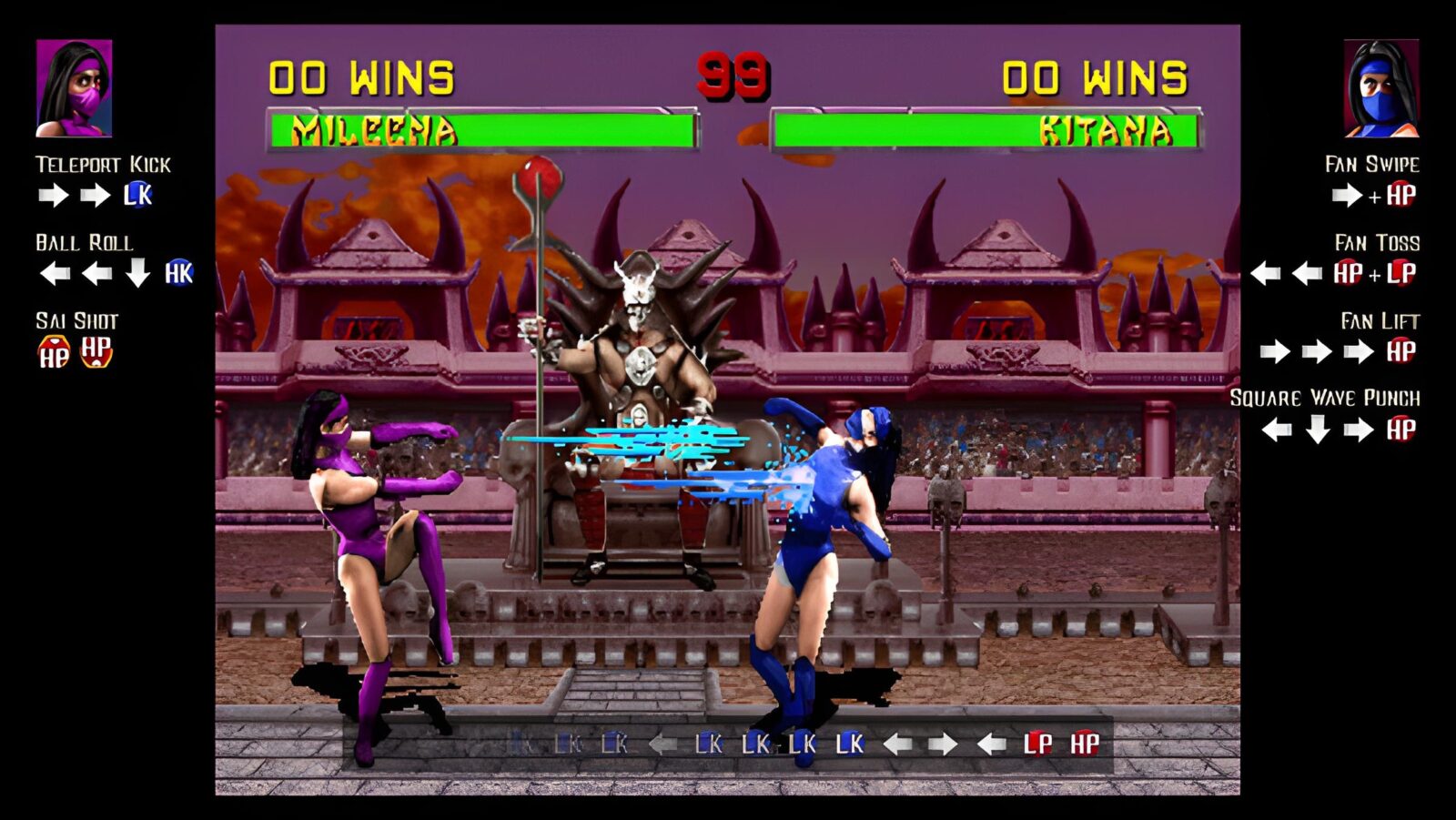
Unfortunately, not every game in this blood-soaked buffet fares so well. Mortal Kombat 4 was always the awkward cousin at the reunion — the one who showed up with weird polygonal limbs and said, “Hey, I’m 3D now!” The version here is the original arcade release, bugs and all. Sometimes geometry clips through the camera, sometimes your character gets stuck mid-throw, sometimes the stage just decides to eat you. It’s an important historical document, sure, but one that reminds us why nostalgia and reality shouldn’t always hold hands.
And then there are the spin-offs: Mythologies: Sub-Zero and Special Forces. Oh boy. These are the parts of the collection you play once, laugh at, and then quietly back away from. But they’re here, and I respect that. They’re proof that Mortal Kombat wasn’t afraid to fail spectacularly in pursuit of something new. The controls are slightly better than the original releases, but make no mistake — these games are disasters in slow motion. Still, I’d rather they exist in this collection than not, because they complete the picture. They remind us that Mortal Kombat’s legacy isn’t just one of victory; it’s one of creative recklessness.
The crown jewel of Legacy Kollection, though, isn’t any of the games. It’s the documentary mode. Digital Eclipse has become the Criterion Collection of video game history, and this mode proves it. Presented as a fully explorable timeline, it’s filled with interviews, concept art, commercials, and long-lost behind-the-scenes footage. It’s the first time I’ve seen Mortal Kombat treated not as a meme or a morality panic but as an actual cultural milestone. You get to see how the developers at Midway and Williams Entertainment went from building pinball tables to accidentally creating one of the most controversial video games ever. It’s fascinating stuff.
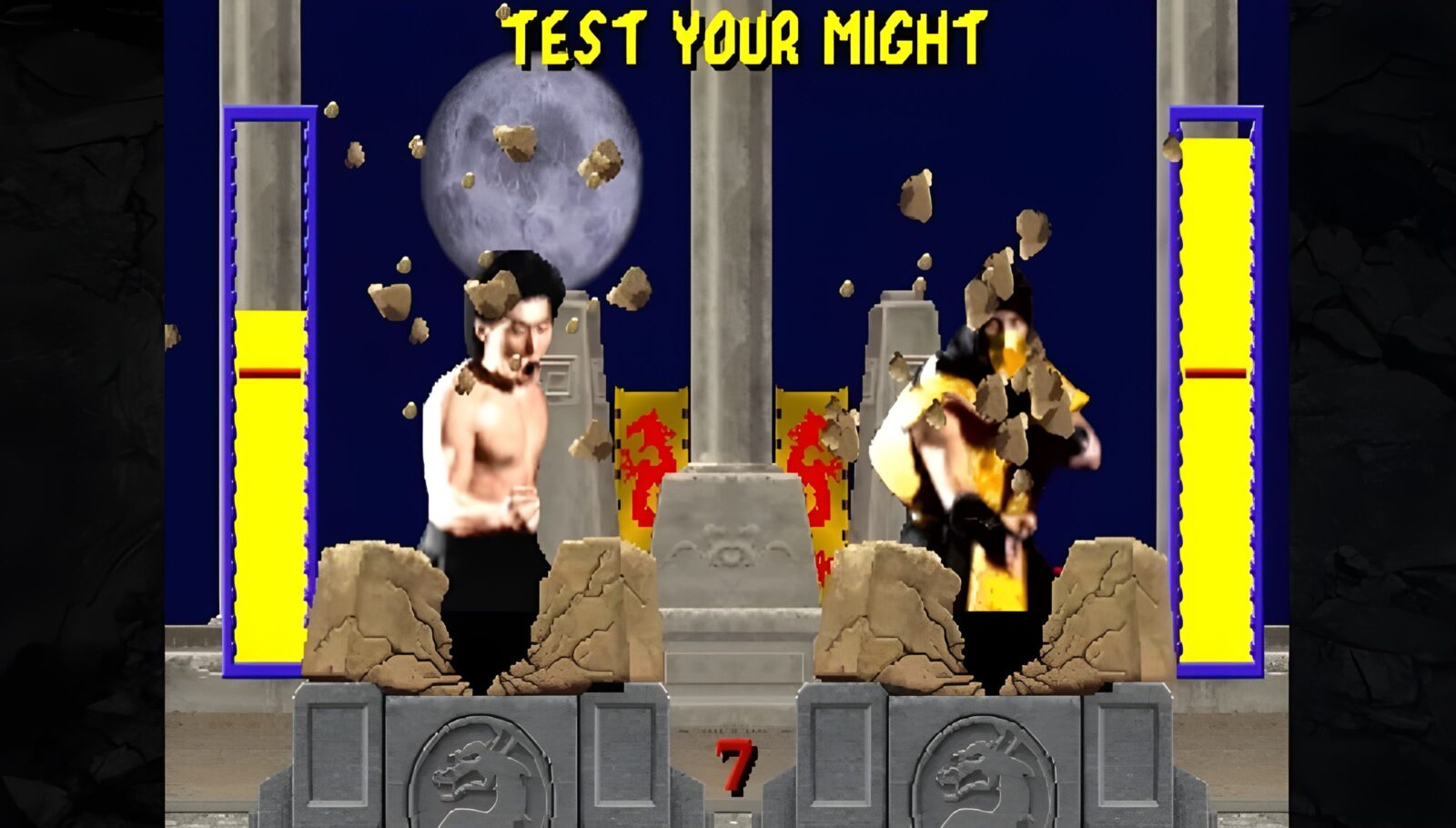
There’s a moment in the documentary where Ed Boon talks about the backlash in the ’90s, how Mortal Kombat became a scapegoat for violence in media. Watching that now feels surreal. We’ve spent decades debating video game violence, and yet Mortal Kombat is still standing, still gleefully tearing people in half. That resilience is part of its charm. It’s a series that evolved without ever apologizing for what it is.
Still, even as a lifelong fan, I can’t ignore what’s missing. The N64 version of Trilogy — gone. MK4 Gold and the console versions of Deadly Alliance — absent. These omissions hurt, not because they’re masterpieces, but because they bridge the gap between Mortal Kombat’s scrappy beginnings and its modern polish. Without them, the collection loses some momentum in its final stretch. The timeline documentary even skips awkwardly over those gaps, as if it’s trying to hide the missing years behind a ninja smoke bomb.
Even with those absences, though, Legacy Kollection feels like a love letter written in blood and nostalgia. It’s imperfect, but then again, so is Mortal Kombat itself. That’s what makes it so enduring. Whether you’re an old-school arcade survivor or a newcomer who only knows Scorpion from Mortal Kombat 1 (2023), there’s something special here. It’s a brutal, funny, messy history lesson wrapped in pixelated violence.
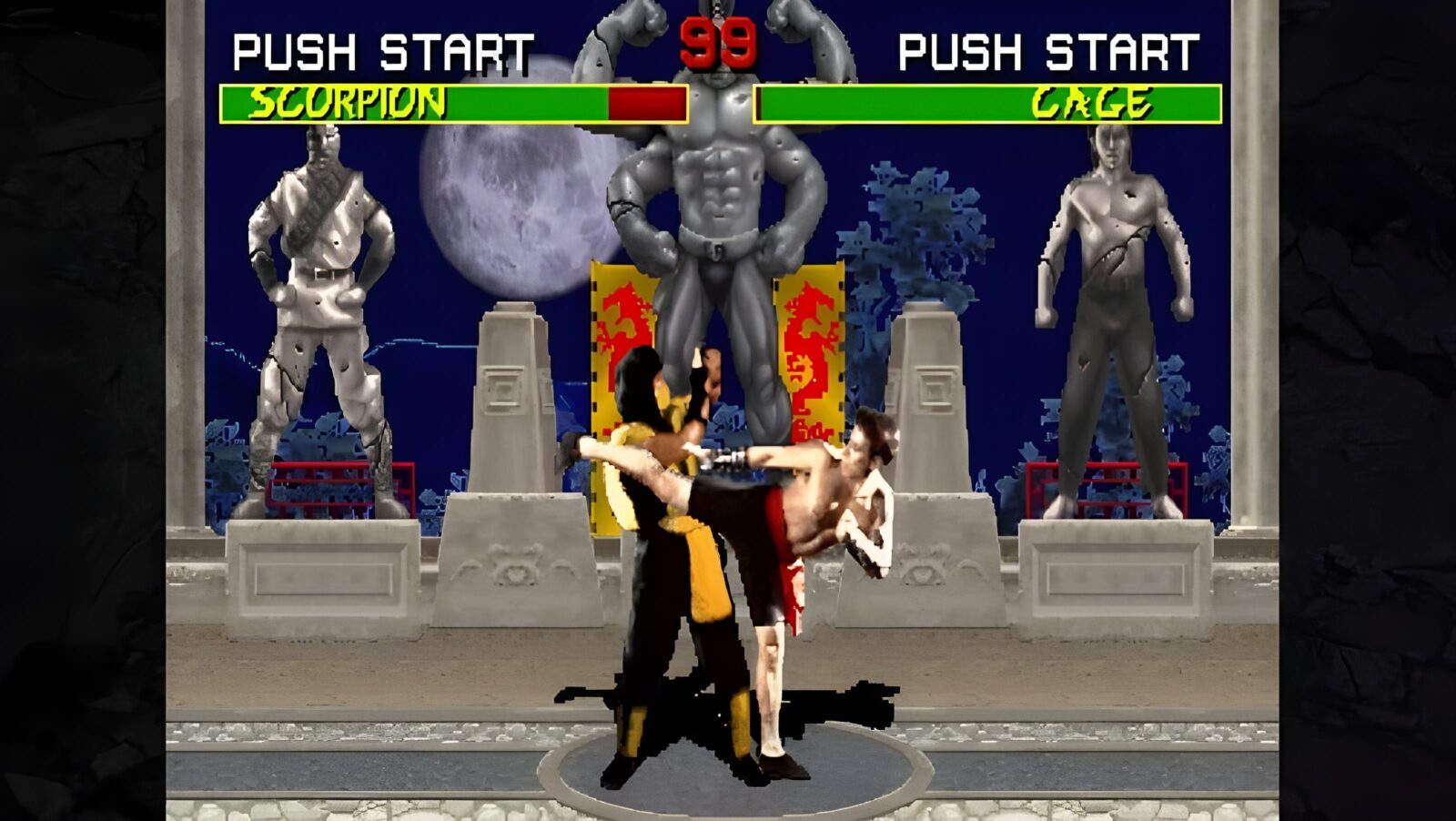
By the end of my time with it, I wasn’t just revisiting old games — I was revisiting an entire era of gaming culture. The sound of “Finish Him!” doesn’t just belong to Mortal Kombat; it belongs to all of us who grew up watching these games scandalize talk shows and define playground conversations. Legacy Kollection gives that history the reverence it deserves, even when the games themselves wobble under the weight of time.
Verdict
Mortal Kombat: Legacy Kollection isn’t perfect, but it doesn’t need to be. It’s a nostalgic deep dive into one of gaming’s most influential franchises, a lovingly restored glimpse at the messy, brilliant chaos that started it all. Between the surprisingly thoughtful documentary and the brutal charm of the originals, it captures everything that made Mortal Kombat unforgettable. It may pull a few punches in terms of completeness, but it still hits hard where it counts.


